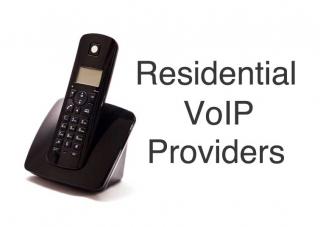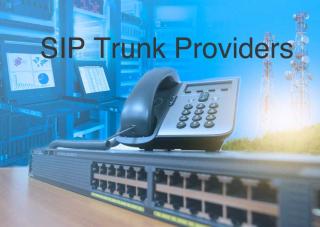Find the Best Cell Phone and Plan for You 

Wirefly helps you save on cell phones and plans by offering innovative comparison tools so consumers can make educated choices. Start saving today with Wirefly!
Find the Best Internet Service 

Wirefly helps you save on Internet service by offering innovative comparison tools to compare Internet providers in your area.










_2.png&contenttype=png)
_2.png&contenttype=png)


 When you are starting a new business, there are a lot of unknowns. Many companies will allow people flexibility. They will offer multiple services, but you can sign up for the ones that you need. Afterwards, if you decide that you do need more services, they allow you to add them on as your business grows and finds a need for additional services. Companies that offer this flexibility can be the best solution for new businesses. This flexibility can be useful when launching new products and services as well.
When you are starting a new business, there are a lot of unknowns. Many companies will allow people flexibility. They will offer multiple services, but you can sign up for the ones that you need. Afterwards, if you decide that you do need more services, they allow you to add them on as your business grows and finds a need for additional services. Companies that offer this flexibility can be the best solution for new businesses. This flexibility can be useful when launching new products and services as well.




